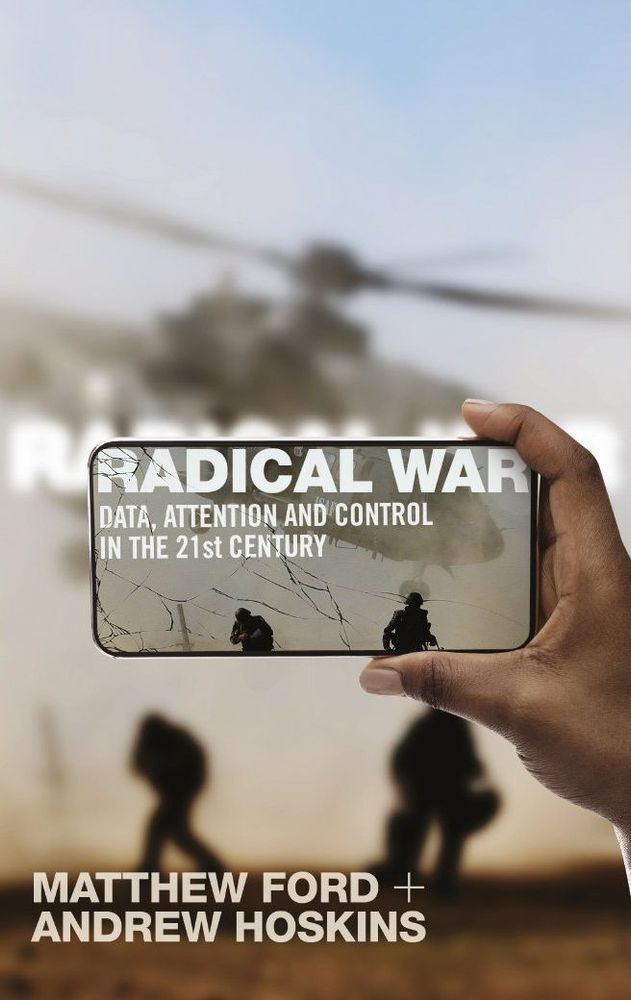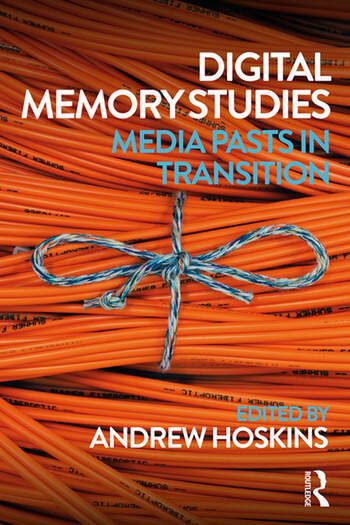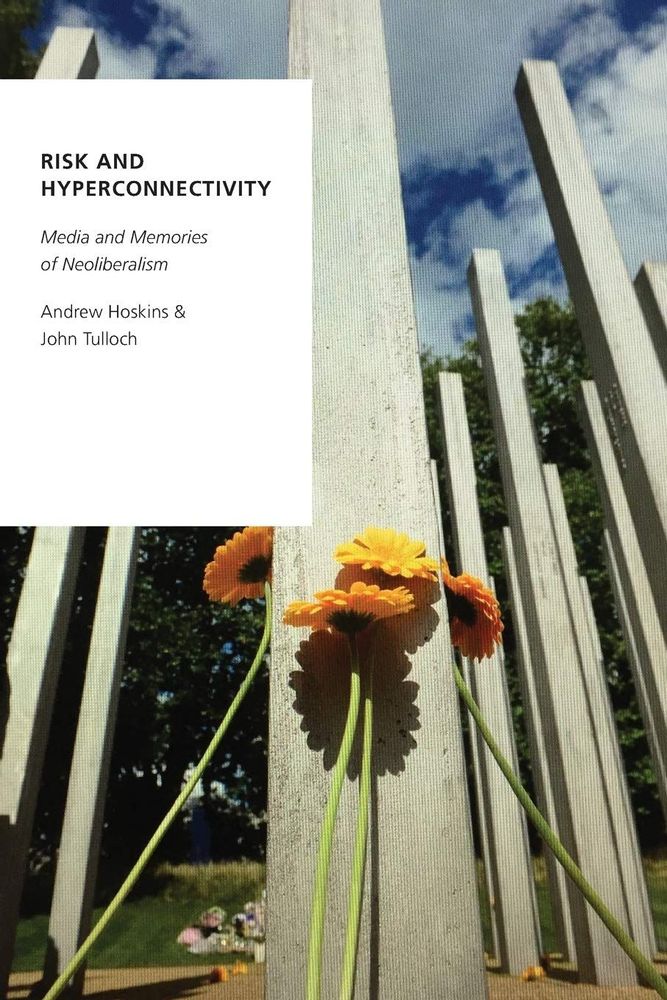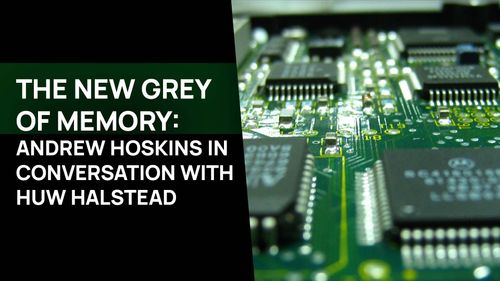
Andrew Hoskins
EUASU Academician, Interdisciplinary Professor of Global Security in the College of Social Sciences, University of Glasgow UK. His latest book (with Matthew Ford) is Radical War: Data, Attention & Control in the Twenty-First Century (Hurst/OUP). He is founding Co-Editor-in-Chief of the Cambridge Journal of Memory, Mind & Media (2021-), founding Editor-in-Chief of the Sage Journal of Memory Studies (2008-), and founding Co-Editor-in-Chief of the Journal of Digital War (2020-).
Andrew Hoskins is Interdisciplinary Professor of Global Security in the College of Social Sciences, University of Glasgow UK. His latest book (with Matthew Ford) is Radical War: Data, Attention & Control in the Twenty-First Century (Hurst/OUP). He is founding Co-Editor-in-Chief of the Cambridge Journal of Memory, Mind & Media (2021-), founding Editor-in-Chief of the Sage Journal of Memory Studies (2008-), and founding Co-Editor-in-Chief of the Journal of Digital War (2020-). He is founding Co-Editor (with John Sutton) of the Palgrave Macmillan flagship book series Memory Studies.
His current projects include: The End of Anonymity; Breaking the Past; Is Memory Finished? (with Kristina Cimova); Forgetting Ukraine (with the artist Mark Neville) and Forgetting Hiroshima (with Luli van der Does). He is also the author of many book chapters and articles. His recent articles include Media and Compassion After Digital War: Why digital media haven’t transformed responses to human suffering in contemporary conflict (2021) and Inaccessible war: media, memory, trauma and the blueprint (2020).
Prof. Hoskins also has been conducting research with external funding, including Co-Investigator, Japan Society for the Promotion Science Grants-in-Aid for Scientific Research (2021-2025) and Co-Investigator, DAIWA Anglo-Japanese Foundation Award (2022) among others.
 |
Radical War: Data, Attention and Control in the Twenty-First Century (co-authored with Matthew Ford) This book examines the digital explosion that has ripped across the battlefield, weaponising our attention and making everyone a participant in wars without end. ‘Smart’ devices, apps, archives and algorithms remove the bystander from war, collapsing the distinctions between audience and actor, soldier and civilian, media and weapon. This has ruptured our capacity to make sense of war. Now we are all either victims or perpetrators. In Radical War, Ford and Hoskins reveal how contemporary war is legitimised, planned, fought, experienced, remembered and forgotten in a continuous and connected way, through digitally saturated fields of perception. Plotting the emerging relationship between data, attention and the power to control war, the authors chart the complex digital and human interdependencies that sustain political violence today. Through a unique, interdisciplinary lens, they map our disjointed experiences of conflict and illuminate this dystopian new ecology of war. |
 | |
Digital Memory Studies Digital media, networks and archives reimagine and revitalize individual, social and cultural memory but they also ensnare it, bringing it under new forms of control. Understanding these paradoxical conditions of remembering and forgetting through today’s technologies needs bold interdisciplinary interventions. Digital Memory Studies seizes this challenge and pioneers an agenda that interrogates concepts, theories and histories of media and memory studies, to map a holistic vision for the study of the digital remaking of memory. Through the lenses of connectivity, archaeology, economy, and archive, contributors illuminate the uses and abuses of the digital past via an array of media and topics, including television, videogames and social media, and memory institutions, network politics and the digital afterlife. | |
 | Risk and Hyperconnectivity: Media and Memories of Neoliberalism (co-authored with John Tulloch) Book brings together for the first time three paradigms of work: new risk theory, neoliberalization theory and connectivity theory, to illuminate how the kaleidoscope of risk events in the opening years of the new century have recharged a neoliberal battlespace of media, economy and security. Shadowed by broader political and public confusion and ambivalence between dystopic pasts and futures, this book breaks entirely new ground by forcing the key conceptual tropes of different risk paradigms to confront each other to ask: What is the path to a ‘balance’ between individual privacy and state (or corporate) security? Is hyperconnectivity itself the new risk condition of our time? Hyperconnectivity and its neoliberal promise of hyper-abundance (of information, data, knowledge) both perpetuate and disguise traditional scarcities and inequalities that economists take as foundational. At the same time it layers and infects new risks within marketplaces and ecologies of media and of memory. |
Contacts:
Official site
LinkedIn
E-mail: andrew.hoskins[at]glasgow.ac(dot)uk




